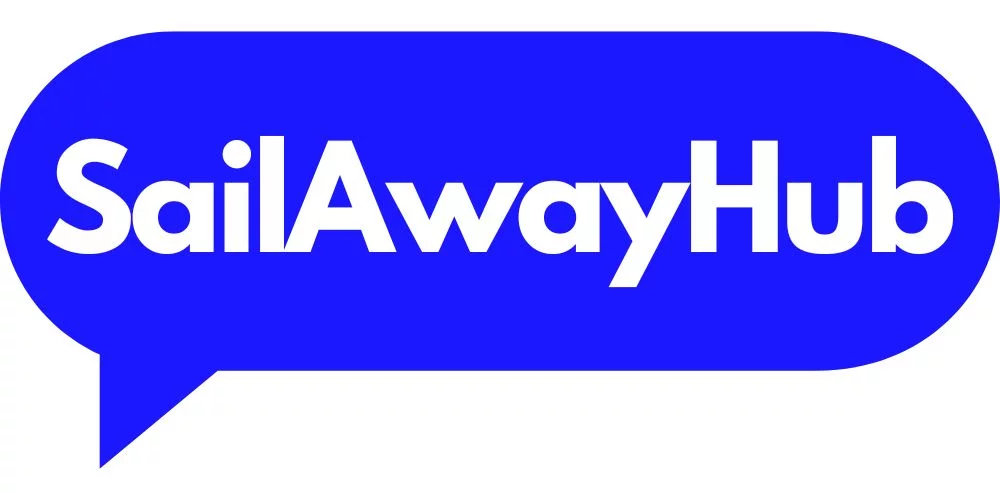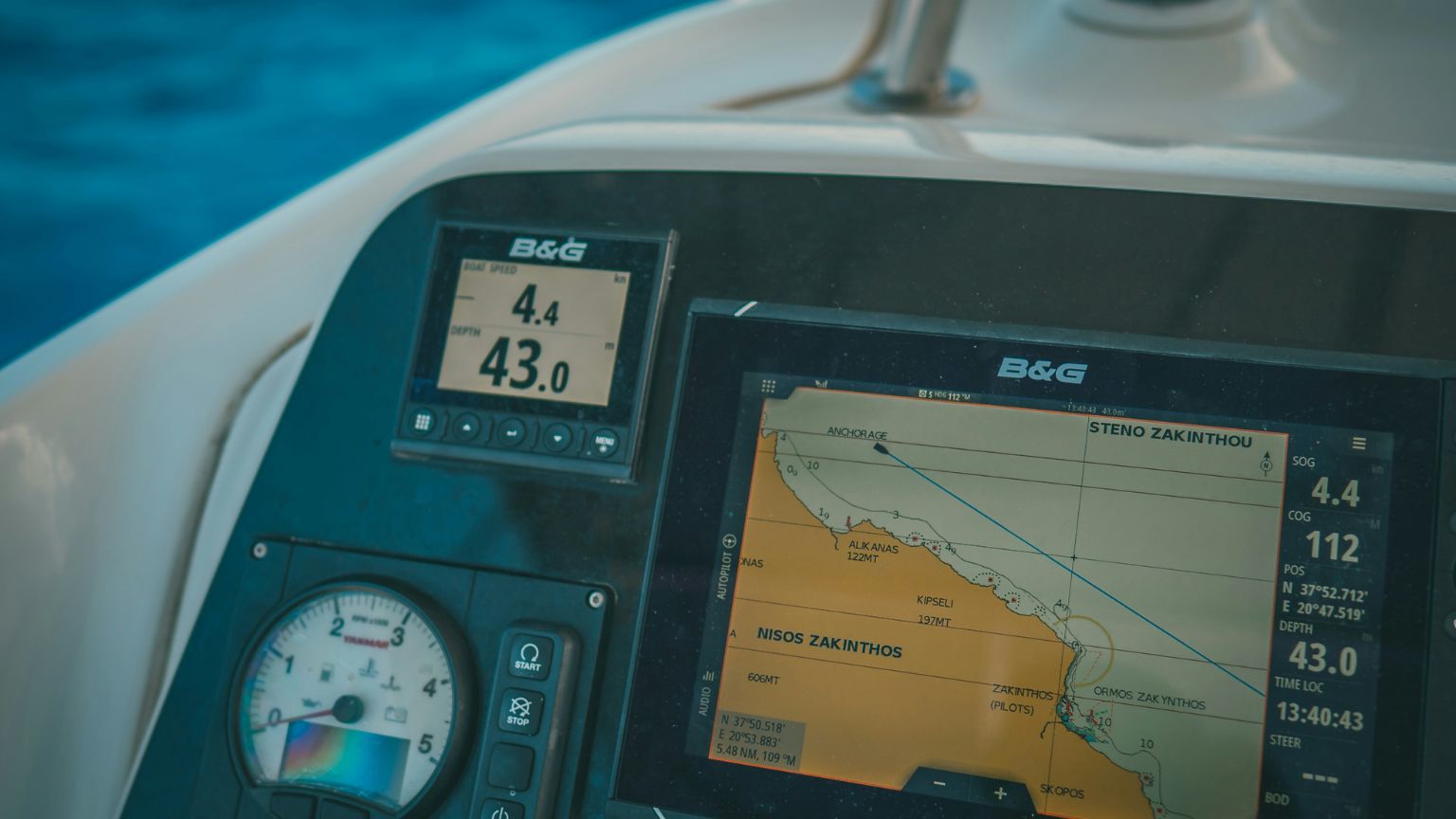If you’ve ever tried to buy, insure, or finance a boat, you’ve likely come across the term marine surveyor. And if you’ve gone a step further, you may have seen acronyms like NAMS and SAMS floating around like mysterious buoys in a sea of paperwork.
Don’t worry—you’re not alone in wondering what these letters mean, why they matter, and whether you should care (spoiler alert: yes, you absolutely should).
In this article, we’ll break down what NAMS and SAMS surveyors actually do, how they’re different, and how to find the right one when your boat (or soon-to-be boat) needs a professional once-over.
Decoding the alphabet soup of boat inspections and why it matters to you.
First Things First: What Is a Marine Surveyor?
Let’s start with the basics.
A marine surveyor is a trained professional who inspects boats and ships for a living. Their job is to assess a vessel’s condition, safety, value, and seaworthiness. Think of them as a mix between a boat detective, an appraiser, and a safety inspector with a clipboard and (usually) a sun hat.
They’re often called in when:
- You’re buying a boat and want to know what you’re really getting
- Your insurance company wants to confirm your vessel won’t sink tomorrow
- You’re financing a boat and the lender needs a condition and value report
- You want to check on your current boat’s condition before major repairs or upgrades
Not all surveyors are created equal, though. That’s where NAMS and SAMS come into play.
What Does NAMS Stand For?
NAMS is short for the National Association of Marine Surveyors. It’s a professional organization that certifies and supports marine surveyors with high standards of training, experience, and ethics.
Key Facts About NAMS:
- Founded in 1962
- Offers the designation NAMS-CMS, which stands for Certified Marine Surveyor
- Requires a minimum of 5 years’ experience in marine surveying to qualify
- Members must pass a tough exam and stay current with continuing education
- Covers commercial vessels and yachts, so it’s great for both big ships and pleasure boats
NAMS members often specialize in areas like:
- Cargo surveying
- Commercial vessel inspections
- Yacht and small craft condition & value surveys
- Damage assessments
In short, a NAMS-CMS surveyor is highly trained, experienced, and vetted—like the Navy SEALs of boat inspection (minus the night goggles).
What Does SAMS Stand For?
SAMS stands for the Society of Accredited Marine Surveyors, and it’s another prestigious organization of marine survey professionals.
Key Facts About SAMS:
- Founded in 1987
- Offers the designation AMS, or Accredited Marine Surveyor
- Requires at least 5 years’ experience in marine-related fields (not just surveying)
- Applicants must pass an exam and maintain ongoing education
- Specializes heavily in yacht and small craft surveys, making it a favorite for recreational boat buyers
SAMS is known for being particularly friendly to boat owners, brokers, and those buying or selling personal vessels.
So if you’re getting a survey for a 36-foot cruiser or a vintage sailboat you found on Craigslist, a SAMS-AMS might be your go-to professional.
NAMS vs. SAMS: What’s the Difference?
Honestly? They’re more similar than different. Both are:
- Respected, long-standing organizations
- Focused on maintaining professional standards
- Selective about who gets in
- Committed to ongoing education
So which is better?
The short answer: It depends on what you need.
| Feature | NAMS | SAMS |
|---|---|---|
| Founded | 1962 | 1987 |
| Title | NAMS-CMS (Certified Marine Surveyor) | AMS (Accredited Marine Surveyor) |
| Focus | Broad (commercial + recreational) | Primarily recreational |
| Membership Requirements | 5+ years surveying | 5+ years marine industry experience |
| Exam? | Yes | Yes |
| Continuing Education? | Yes | Yes |
Both produce professionals who are qualified, ethical, and capable. What matters most is the individual surveyor’s experience and area of expertise.
How Do I Find a NAMS or SAMS Surveyor?
Both organizations have online directories:
You can search by:
- Location
- Type of survey
- Vessel type
- Keywords
💡 Tip: Always look for someone who specializes in your type of boat. For example, if you’re buying a steel trawler, don’t hire someone who only does wooden sailboats. And make sure they’re willing to climb into bilges and crawl around—it’s not just a desk job!
When Hiring a Surveyor, Ask These Questions:
- Are you a member of NAMS or SAMS?
(If not, ask about their qualifications and experience.) - Do you specialize in [my type of boat]?
(Fiberglass sailboat? Steel motor yacht? Wooden canoe? Be specific.) - Can I see a sample survey report?
(It should be thorough, clear, and understandable—even for non-engineers.) - Do you carry errors & omissions insurance?
(Professional insurance = peace of mind.) - Will you provide a written report with market value and condition ratings?
(This is what banks, insurers, and buyers want.)
Final Thoughts: Why This Matters More Than You Think
Buying or owning a boat without a proper marine survey is like buying a house based only on curb appeal. It might look great, but what’s lurking beneath the surface? Rot? Osmosis? A diesel engine on the verge of a dramatic breakdown?
Hiring a NAMS or SAMS-accredited marine surveyor is one of the smartest decisions you can make—whether you’re buying, selling, insuring, or just curious about the health of your floating friend.
They’ll help you:
- Avoid costly mistakes
- Negotiate better deals
- Sleep better at anchor
So next time someone says, “Hey, do you really need a surveyor?” you can smile and say, “Only if I want to keep my wallet and my sanity intact.”




